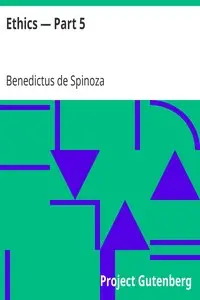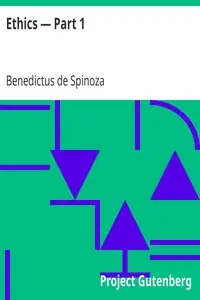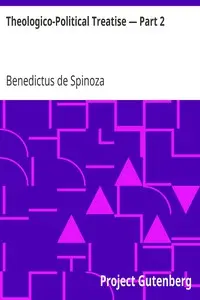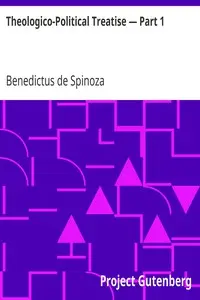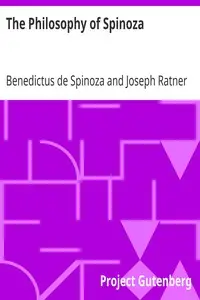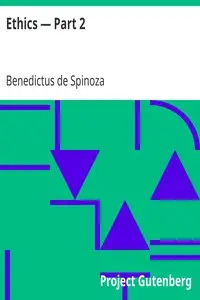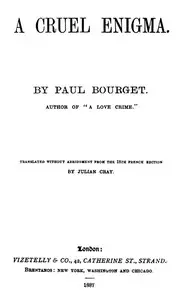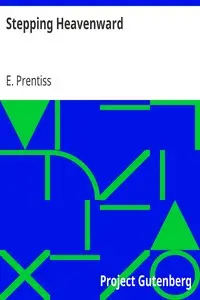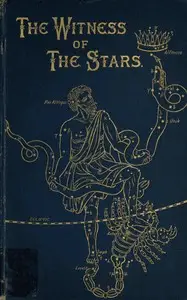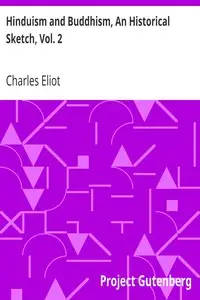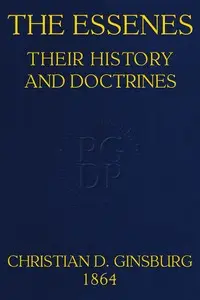"A Theologico-Political Treatise [Part IV]" by Baruch Spinoza is a philosophical treatise written in the late 17th century. This part of the work examines the foundations of state governance, the natural and civil rights of individuals, and the complex relationship between religion and sovereign authority. Through these discussions, Spinoza explores the implications of political power and the role of individuals within a society organized under a sovereign, with particular references to historical examples such as the Hebrew republic. The opening of the treatise introduces key concepts of natural rights and the authority of the sovereign while articulating a framework for understanding governance. It emphasizes that individuals retain certain rights even when they submit to state power, asserting that the existence of a sovereign does not eliminate personal agency. Spinoza discusses the transition from a state of nature to civil society, outlining how individuals, motivated by self-preservation, collectively agree to form a government that acts in the interests of the citizenry. This section sets the foundation for the subsequent arguments regarding the nature of authority, the relationship between divine law and sovereign power, and the rights of individuals in a political and religious context. (This is an automatically generated summary.)
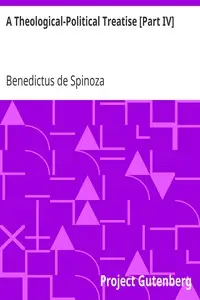
A Theological-Political Treatise [Part IV]
By Benedictus de Spinoza
"A Theologico-Political Treatise [Part IV]" by Baruch Spinoza is a philosophical treatise written in the late 17th century. This part of the work exam...
Genres
Released
1997-07-16
Formats
epub
epub3 (images)
mobi (images)
mobi
epub (images)
Free Download
Overview
About the Author
Baruch (de) Spinoza, also known under his Latinized pen name Benedictus de Spinoza, was a philosopher of Portuguese-Jewish origin. A forerunner of the Age of Enlightenment, Spinoza significantly influenced modern biblical criticism, 17th-century rationalism, and Dutch intellectual culture, establishing himself as one of the most important and radical philosophers of the early modern period. Influenced by Stoicism, Thomas Hobbes, René Descartes, Ibn Tufayl, and heterodox Christians, Spinoza was a leading philosopher of the Dutch Golden Age.
Total Reviews
10.0k
Total reviews from Goodreads may change

